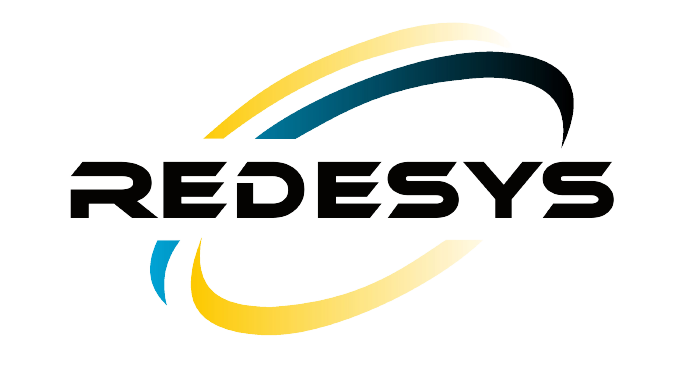CLOUD COMPUTING
Cloud & Virtualization
What is it and why do I want it?
Cloud computing is simply the delivery of computing as a service rather than a product. This “service” aggregates or groups typical technology components such as applications, servers, and storage and delivers their capabilities over a wide area network – such as the Internet.
Cloud computing offers a number of advantages over traditional on-premise technology, including:
Rapidly scalable capacity
Full utilization of equipment capabilities (like virtualization)
Robust/redundant infrastructure
Significant reduction or complete elimination of equipment/application configuration or maintenance
Increased security due to infrastructure centralization
RedeSys provides access to, and support of, a number of “Cloud” technologies such as Public Cloud services, support of Private Cloud/Virtualization at your location or at our facility, as well as cloud based application solutions such as telephony, storage, backup, and business applications.
RedeSys is a partner with the Intel Hybrid Cloud. With Hybrid Cloud RedeSys Solution can remotely manage and access a full catalog of pre-configured applications to help you choose the software you want to run and easily make changes as you need it. You can rest assured your IT needs can be met remotely through options including firewall/unified threat management (UTM), dependable backup, and disaster recovery. Each software appliance runs on a separate virtual machine, allowing individual management of each appliance and isolation for reconfiguration or troubleshooting by RedeSys.
Hybrid Cloud provides value to you in a number of ways, including:
Acquisition of leading, robust solutions and the ability to compete more effectively
Conservation of capital and credit lines by paying for solutions only as needed
Improved flexibility for your business pay for software on a monthly remotely basis
Reduction in the complexity of licensing
Access to experts who manage your solutions
Over the next several years, additional cloud services will become available over better performing and more resilient networks. As a result, many typical technology functions will be deployed to the cloud, allowing Information Technology departments to take advantage of the benefits offered by these services.
Cloud
Public Cloud
Applications, storage, and other resources are made available to the general public by a service provider. Public cloud services may be free or offered on a pay per use model
Private Cloud
Infrastructure operated solely for a single organization, whether managed internally or by a third-party and hosted internally or externally
Hybrid Cloud
Infrastructure composed of two or more clouds (private, community, or public) that remain unique entities but are bound together by standardized or proprietary technology that enables data and application portability.
CLOUD SOLUTIONS
Customize Cloud Solutions
RedeSys approach to cloud computing focuses on integrating the best technologies for your business needs. These include:
Application Hosting
Accounting Systems
- CRM
Office Applications
- Backup
Virtualization
- Storage
- Systems
- Networking
- Hosting
Redundant Datacenter
- Scalability
- Security
- Resiliency
- Hybrid
Mixed Cloud and Onsite Physical and Virtual VM Migration and Planning
We provide services based on their ability to deliver high security, resiliency, and cost-effectiveness. Our engineers work with you to bring the ideal blend of hosted and onsite solutions together for your unique needs. Cloud technologies offer a number of advantages including:
- Rapidly Scalable
- Optimization of Resources
- Highly Available
- Reduced Configuration and Maintenance
- Green Footprint
- Increased Security
Hybrid Solutions
We have found that most of our customers have some applications that are not cloud-enabled. Those that can be moved to the cloud, benefit in terms of cost and high availability. RedeSys considers both in creating hybrid cloud services and solutions for our customers.
Virtualization
Virtualization is designed to help you use your infrastructure and applications more efficiently. Virtualization is commonly used in the following areas:
Server Virtualization
In a virtualized server environment, several virtual servers run on each physical server, and all storage is shared. Virtualization software and shared storage are key elements in this environment, resulting in dramatic hardware consolidation and improved business continuity. The software creates an optimized “virtual” data center that provides dynamic infrastructure built on industry standards and is flexible to changing business needs.

